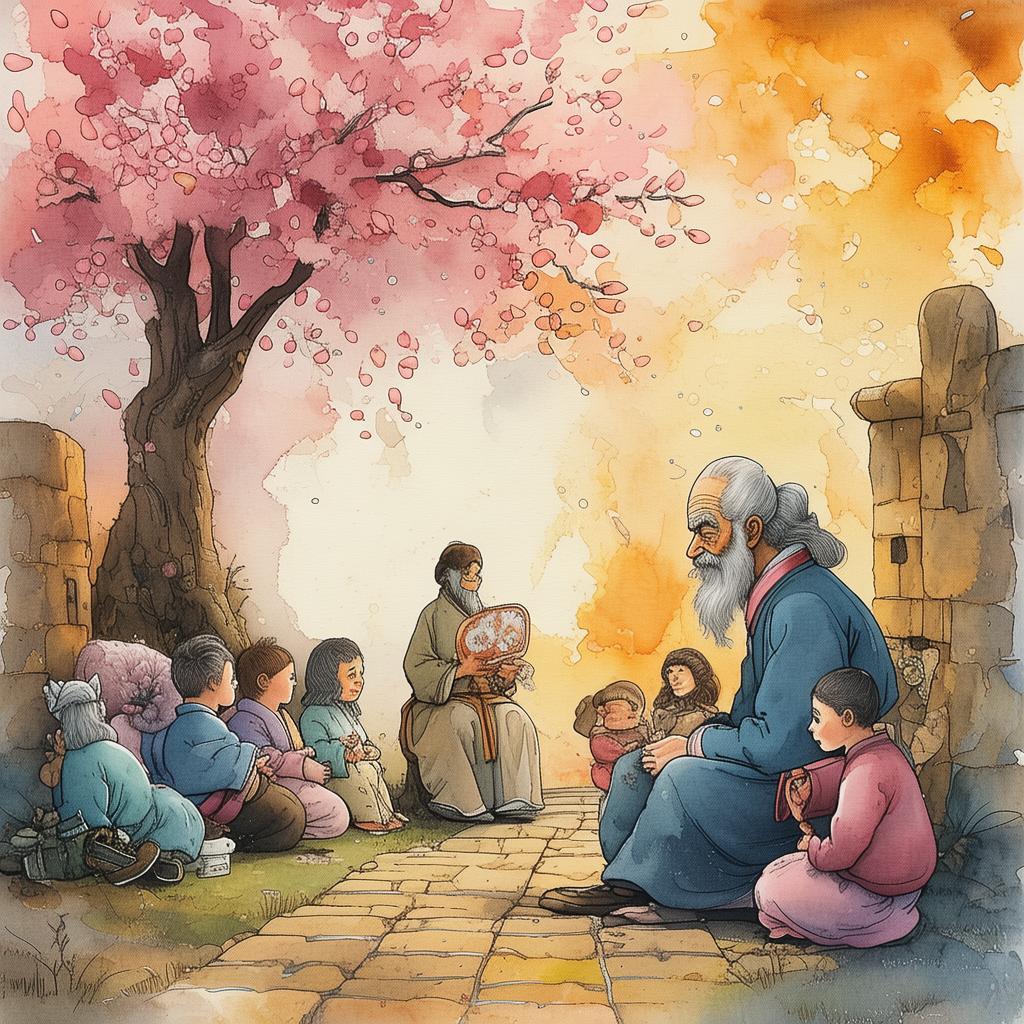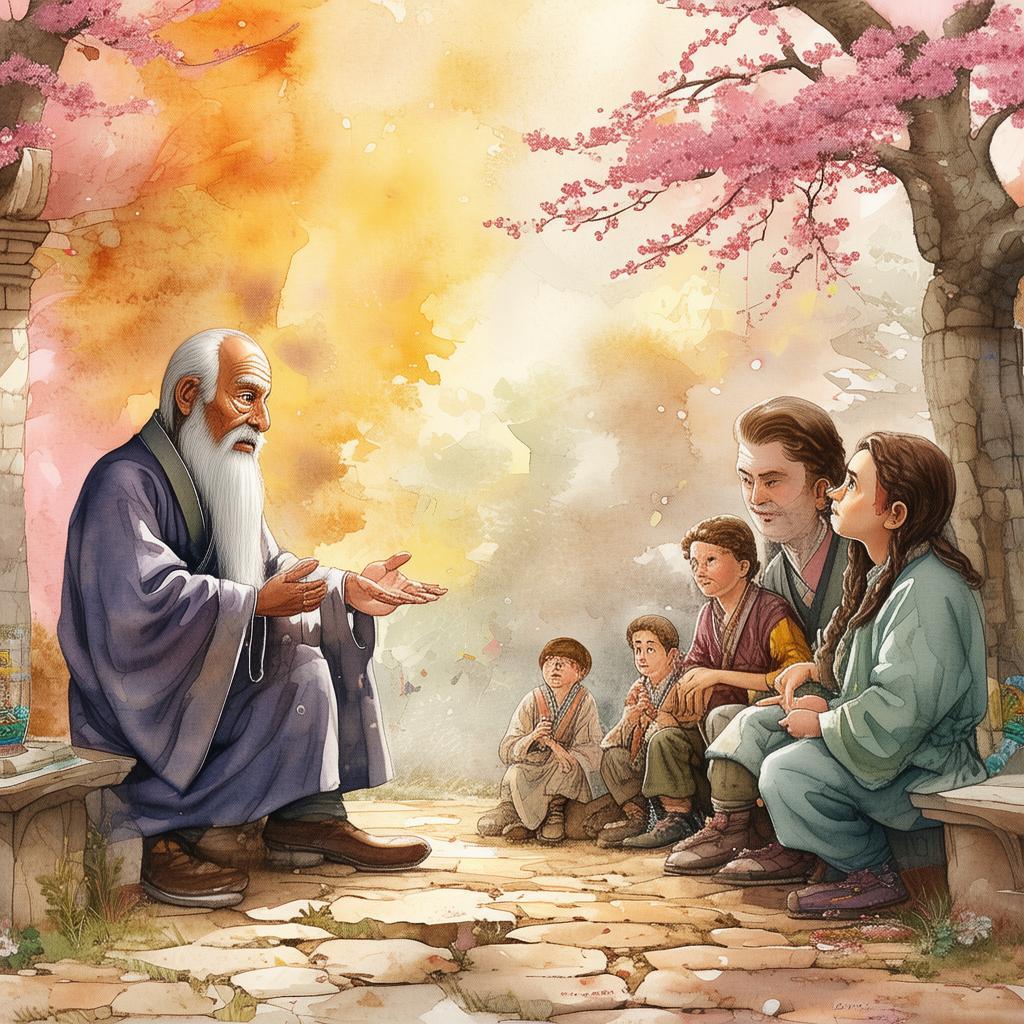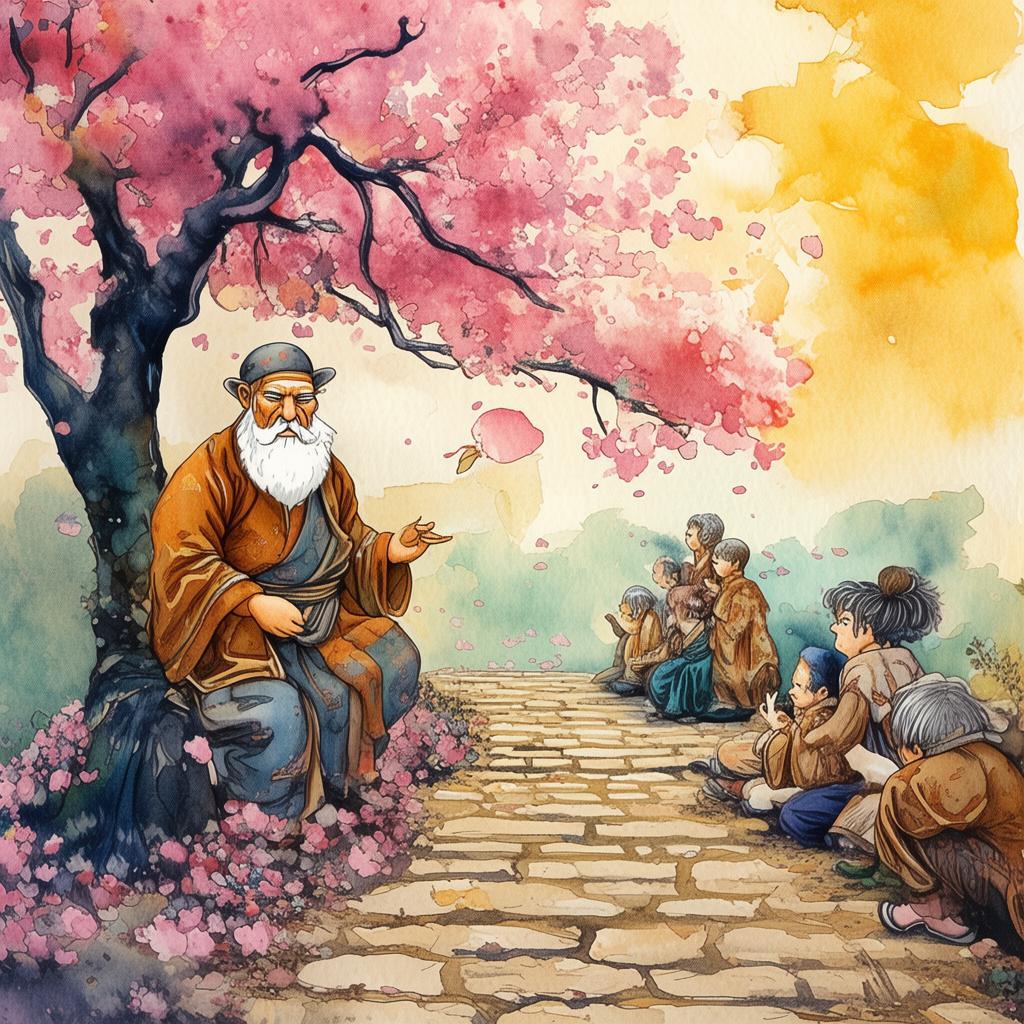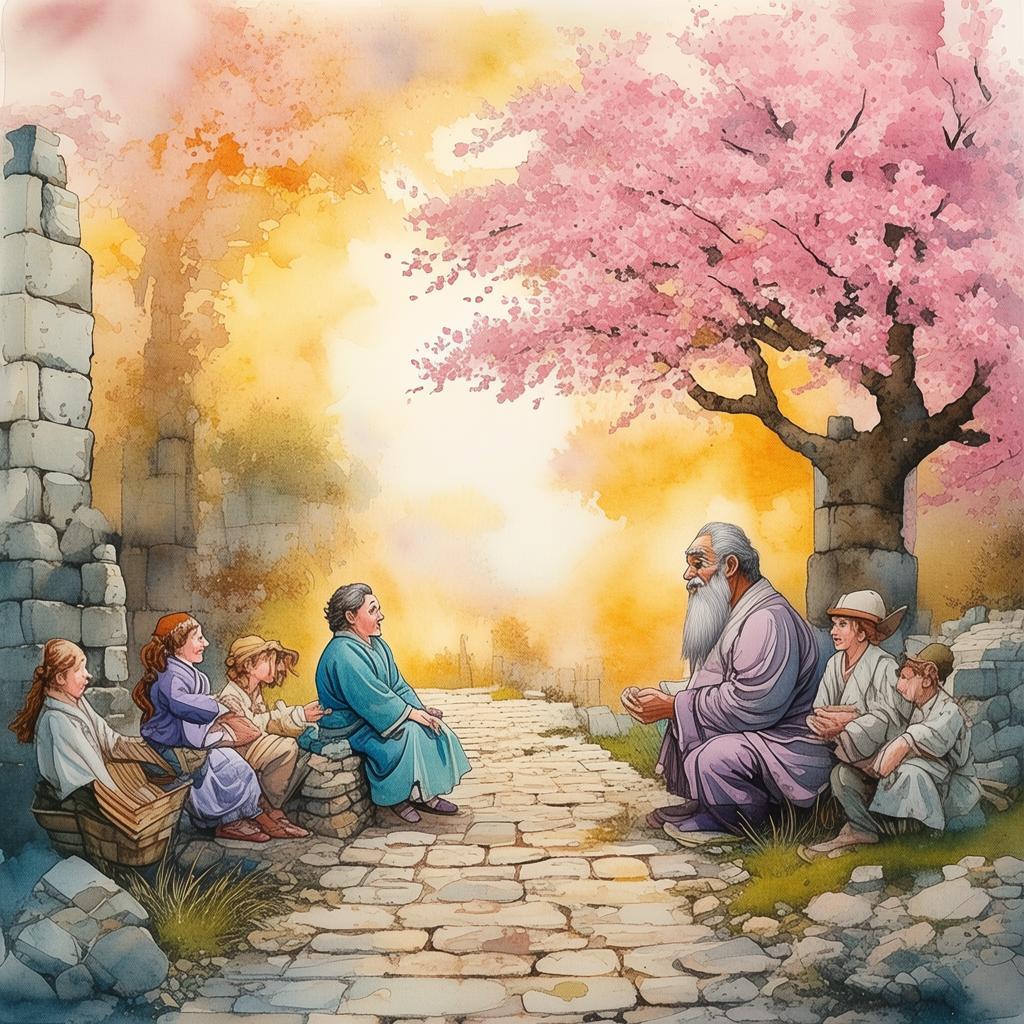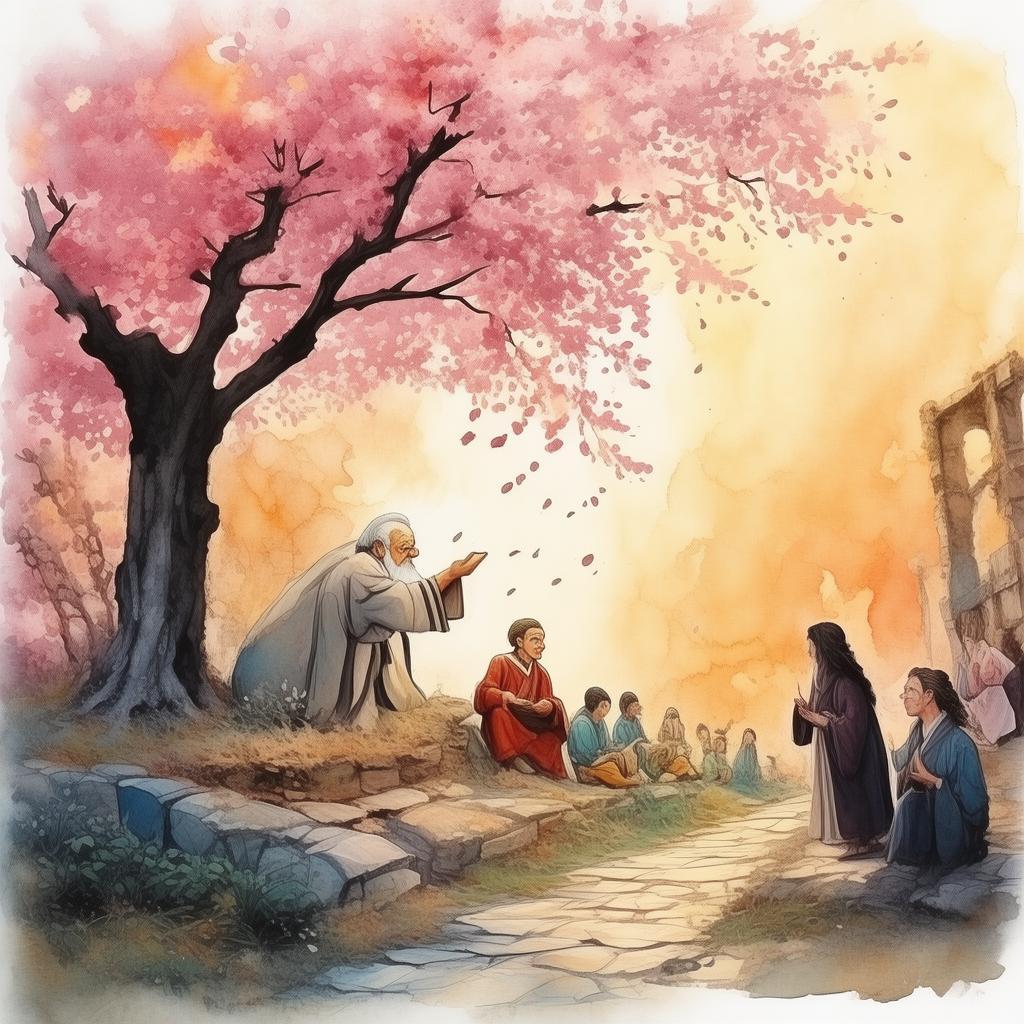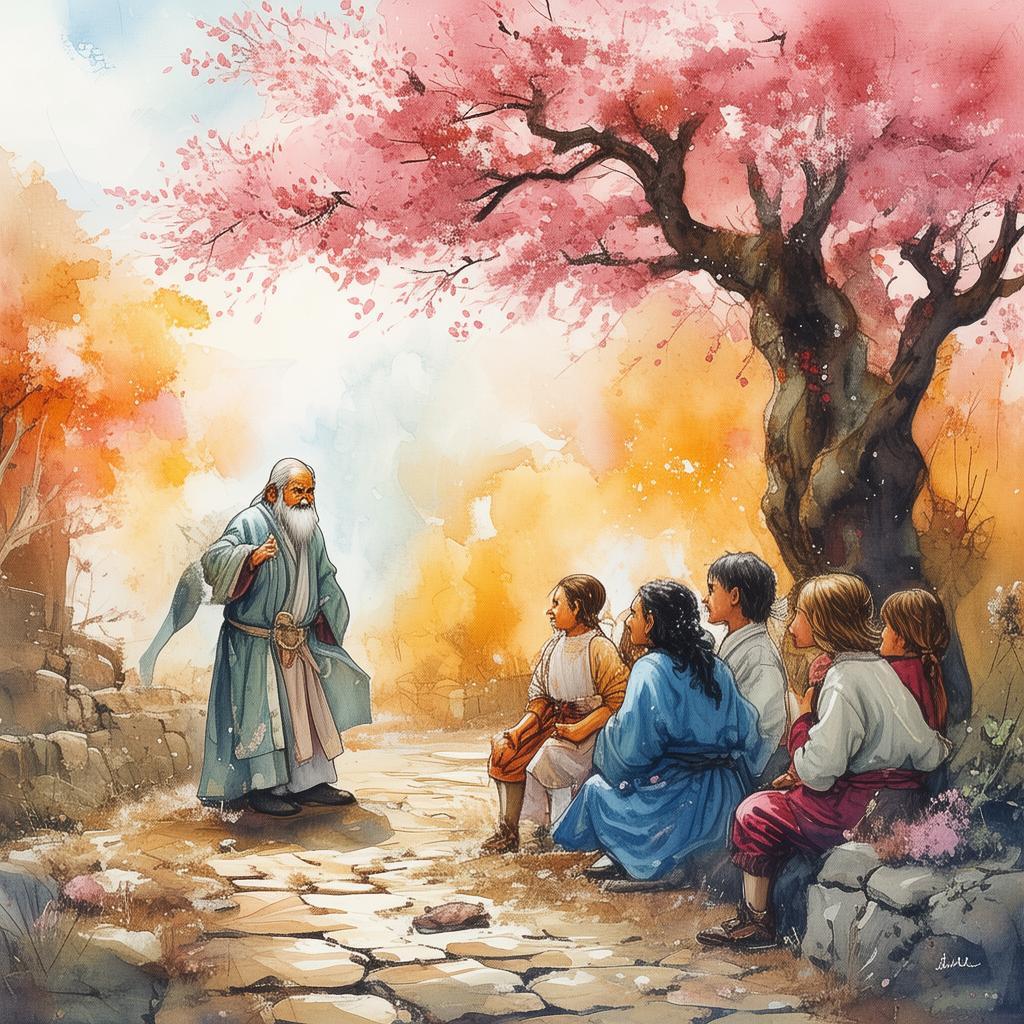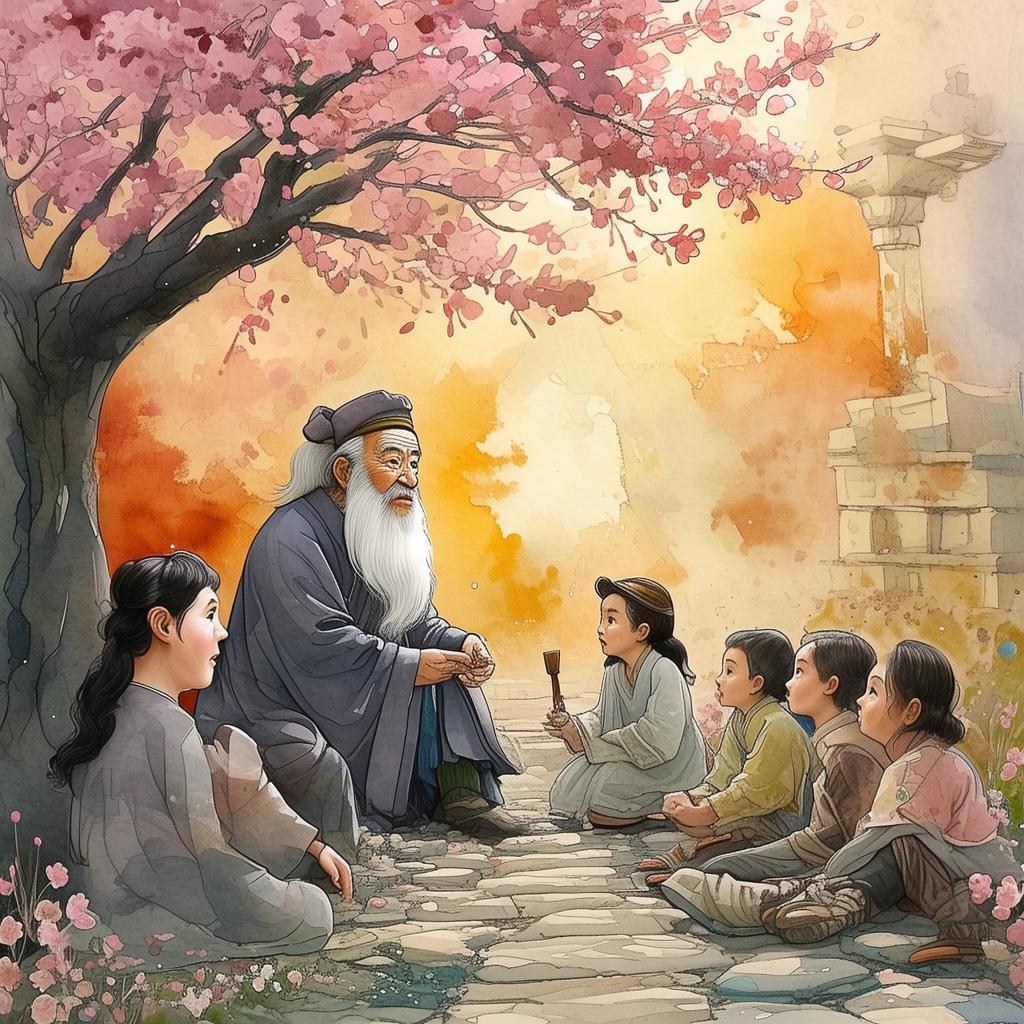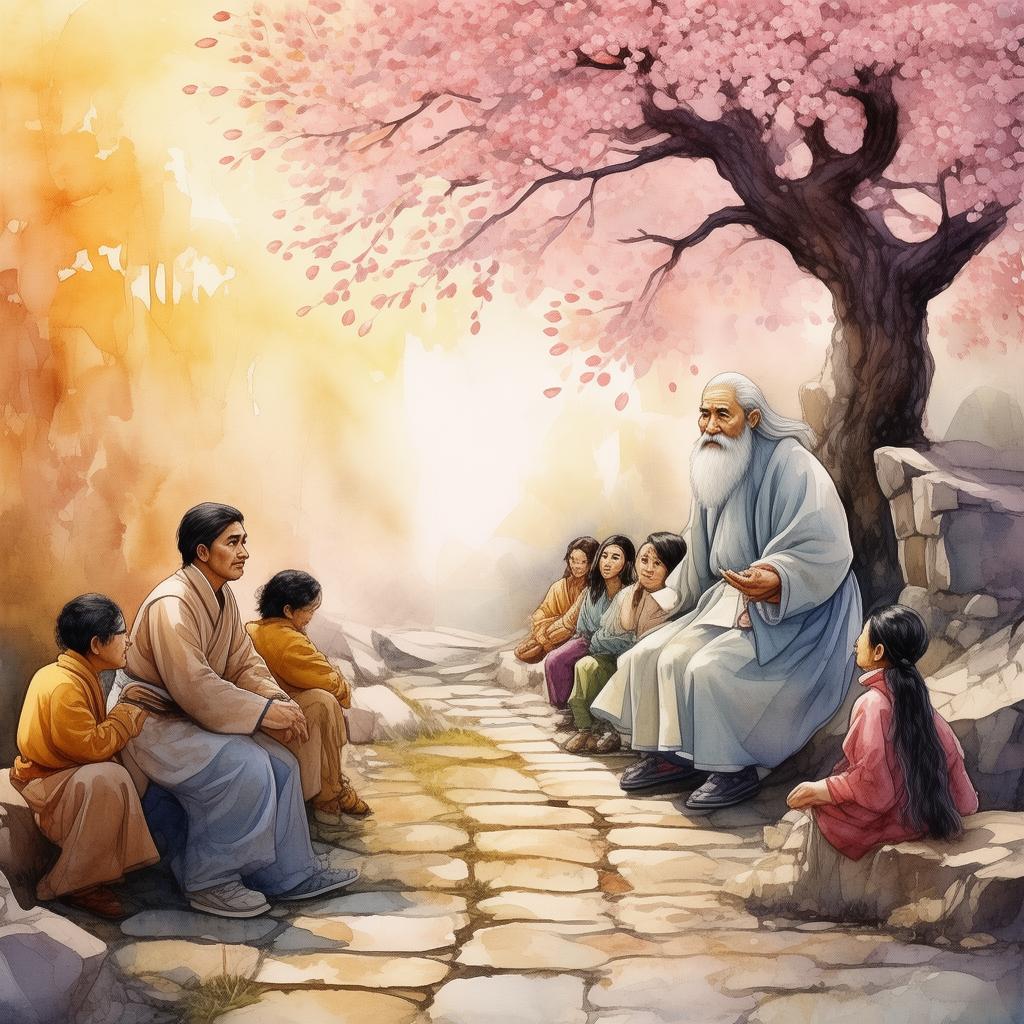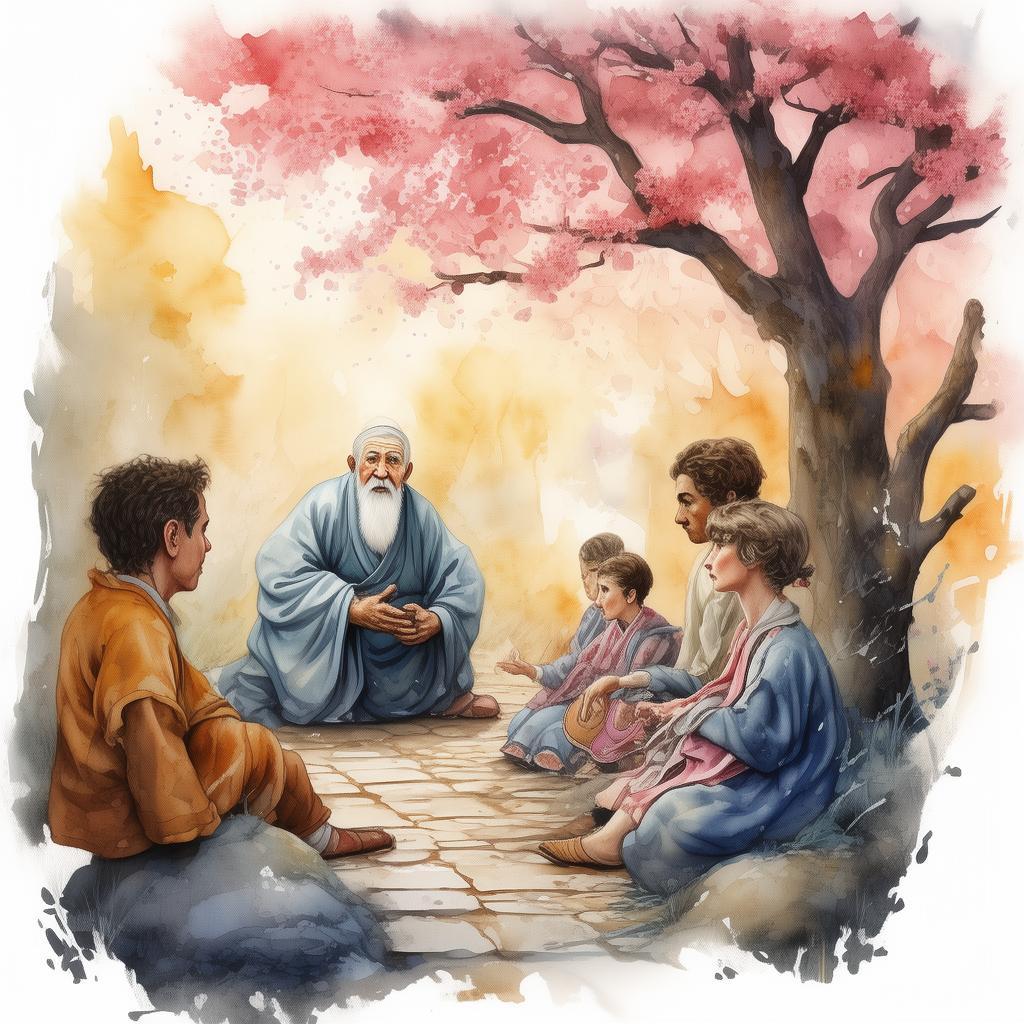The Phantom Muse's Dilemma of the Empty Symphony
In the heart of a city shrouded in silence, there lived a composer named Liang, whose life was a symphony of dreams and despair. His music, once a beacon of emotion and passion, had been stifled by a mysterious decree that banned all forms of musical expression. The streets were silent, the air thick with a hush that felt like a physical weight upon the souls of its inhabitants.
Liang's studio, a small, dimly lit room filled with papers and sheet music, was a sanctuary of his inner turmoil. He would sit at his piano, fingers hovering over the keys, searching for the elusive notes that could bridge the gap between silence and sound. Yet, every attempt was met with a hollow emptiness, as if the very essence of music had been drained from the world.
One evening, as the moon hung low in the sky, casting an eerie glow through the window, Liang stumbled upon an old, leather-bound book. The title, "The Phantom Muse's Dilemma of the Empty Symphony," caught his eye. Curiosity piqued, he opened it, and found a cryptic passage that spoke of a "symphony of the void," a melody that could only be heard by those who had lost everything.
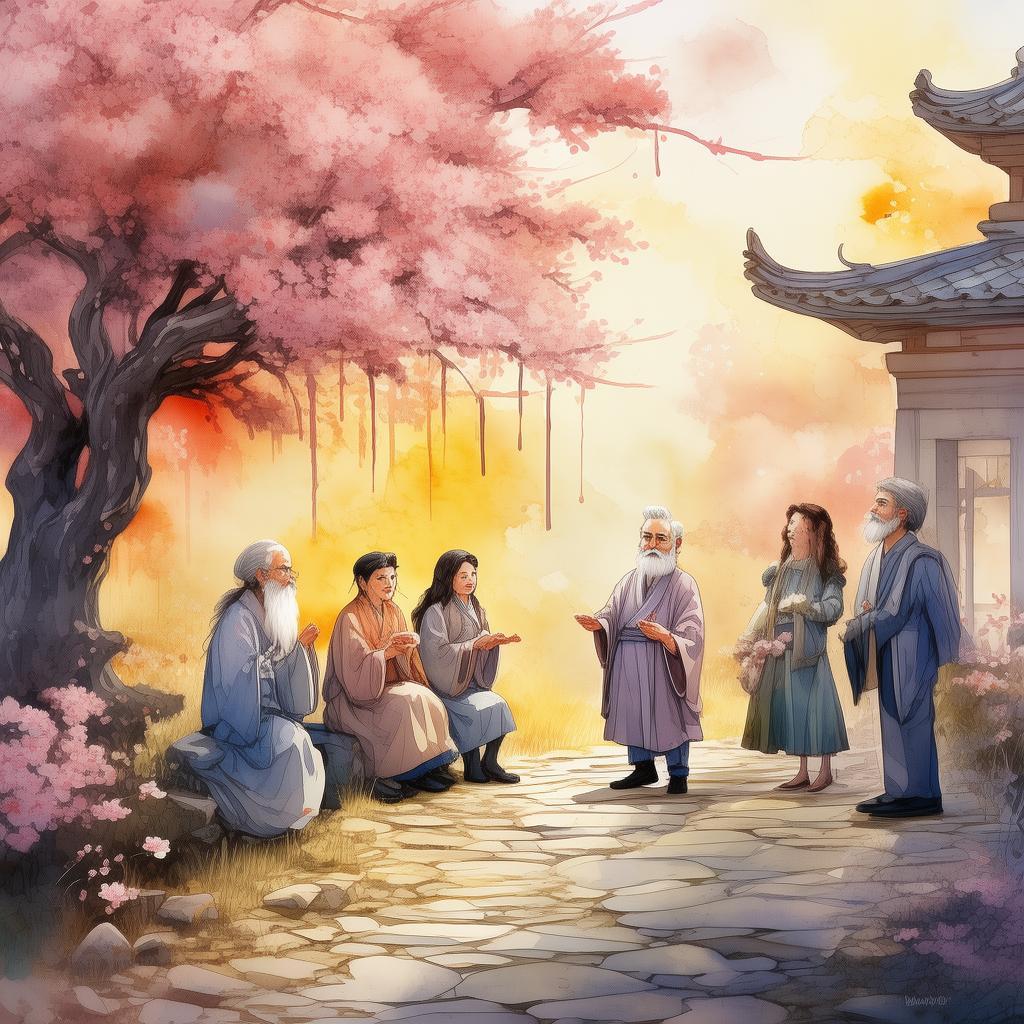
Driven by a spark of hope, Liang began to search for the meaning behind the book's words. He delved into the city's lore, seeking tales of musicians who had dared to defy the silence. One story, in particular, resonated with him. It spoke of a mythical creature, the Phantom Muse, a guardian of creativity who had once been banished for revealing the secret of the empty symphony.
The legend spoke of a place, hidden deep within the city, where music was not forbidden but rather forbidden to be heard. It was a place where the essence of sound could be captured, preserved, and used to restore music to the world. Liang knew he had to find this place, even if it meant facing the Phantom Muse himself.
His journey took him through the labyrinthine alleys of the city, past shadowy figures who whispered about the silence and the void. He encountered those who had once been musicians, now reduced to silent spectators of their own former passion. Each person he met shared a piece of the puzzle, a fragment of the story that brought him closer to the truth.
As he ventured deeper into the city, Liang's resolve was tested. He was haunted by the sound of music, a ghostly melody that seemed to beckon him forward. It was this melody that led him to an ancient, abandoned opera house, its once vibrant halls now a testament to the silence that had taken hold of the city.
Inside, the opera house was a labyrinth of echoes, each corner and staircase echoing with the memories of music past. Liang's heart raced as he realized that he had reached the heart of his quest. The Phantom Muse, a cloaked figure with eyes that glowed like stars, appeared before him.
"Seeking the symphony of the void, are you?" the Phantom Muse asked, her voice a haunting melody.
"Yes," Liang replied, his voice trembling with fear and hope.
The Phantom Muse stepped forward, and in her hands was a single sheet of music, the score of the empty symphony. "This is the key," she said, her voice filled with emotion. "To hear it, you must be willing to face the void within yourself."
Liang took the sheet music, his fingers trembling as he approached the piano. He placed the music on the keys, and as he played, the room filled with a sound that was both familiar and alien. The notes danced in the air, weaving a tapestry of emotion and loss that brought tears to Liang's eyes.
The Phantom Muse watched, her eyes reflecting the turmoil within Liang. "You have done it," she whispered. "You have found the essence of sound, the heart of the empty symphony."
With a final, powerful chord, the music resonated through the city, breaking the silence that had held it captive. The streets came alive with the sound of laughter and music, as if the very fabric of the city had been reborn.
Liang stood in the midst of the celebration, his heart swelling with gratitude and wonder. He had faced the void within himself and found the strength to restore music to the world. The Phantom Muse had not only guided him but had also become a part of him, a guardian of creativity and a reminder of the power of music to heal and unite.
And so, the city was saved, not by a single act of defiance, but by the courage of a man who dared to face the void and find the essence of sound that could change the fate of his life and the world around him.
✨ Original Statement ✨
All articles published on this website (including but not limited to text, images, videos, and other content) are original or authorized for reposting and are protected by relevant laws. Without the explicit written permission of this website, no individual or organization may copy, modify, repost, or use the content for commercial purposes.
If you need to quote or cooperate, please contact this site for authorization. We reserve the right to pursue legal responsibility for any unauthorized use.
Hereby declared.
